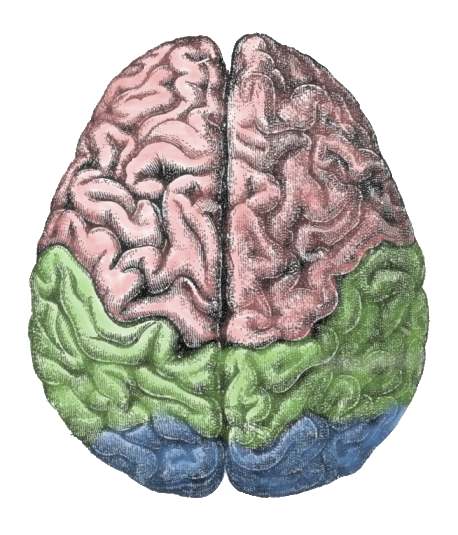 Can science determine an inmate’s propensity to re-offend? A new study suggests that by scanning a portion of the brain associated with decision-making, scientists are able to determine which prisoners are likely to be arrested again.
Can science determine an inmate’s propensity to re-offend? A new study suggests that by scanning a portion of the brain associated with decision-making, scientists are able to determine which prisoners are likely to be arrested again.
A team of neuroscientists from the Mind Research Network in Albuquerque, New Mexico, examined 96 male inmates preparing for release in two state prisons. Particular attention was paid to the anterior cingulate cortex, which is related to decision-making and impulse control. Low activity in this region of the brain correlated to an inability to control one’s behavior. Previous studies have indicated that inmates with reduced levels of activity in the anterior cingulate cortex are twice as likely to be rearrested within four years of release as those with relatively high activity, all other factors taken into account.
“This is an exciting new finding,” says Essi Viding, professor of developmental psychopathology at University College in London. “Interestingly this brain activity measure appears to be a more robust predictor, in particular of non-violent offending, than psychopathy or drug use scores, which we know to be associated with a risk of reoffending.”
The scientists are careful not to propose any policy as a result of their research, acknowledging that there are other factors that might have an impact on anterior cingulate cortex activity, and that more research is required to fully understand the correlation between those levels of activity and recidivism.
As interesting as this research may be, it is important to remember that, at its heart, the issue of criminal behavior is more a matter of the soul than the mind. While there may be physical and biological factors that impact a person’s decision-making, it is our sinfulness – a condition known to us all – that ultimately leads us to act in ways that bring harm to ourselves and others, and grieve God.
“So I find it to be a law that when I want to do right, evil lies close at hand,” laments Paul in his letter to the Romans. “Wretched man that I am! Who will deliver me from this body of death?”
The answer lies in Christ, the “Lamb of God who takes away the sin of the world.” Through His death and resurrection, Christ has opened the way to the Father, offering us forgiveness of sins, as well as the sanctification that comes through the Holy Spirit. And while we as humans will continue to struggle with our sinful nature, the promise of transformation through the renewing of our minds is ours through Christ.
As we remember during this Holy Week the sacrifice made by God on our behalf, we would do well to remember that we all guilty of recidivism – a tendency to relapse into past sinful behaviors. And while science can help reveal our tendencies and offer us limited ways to change such behaviors, true transformation comes from a change of heart that only God can offer.